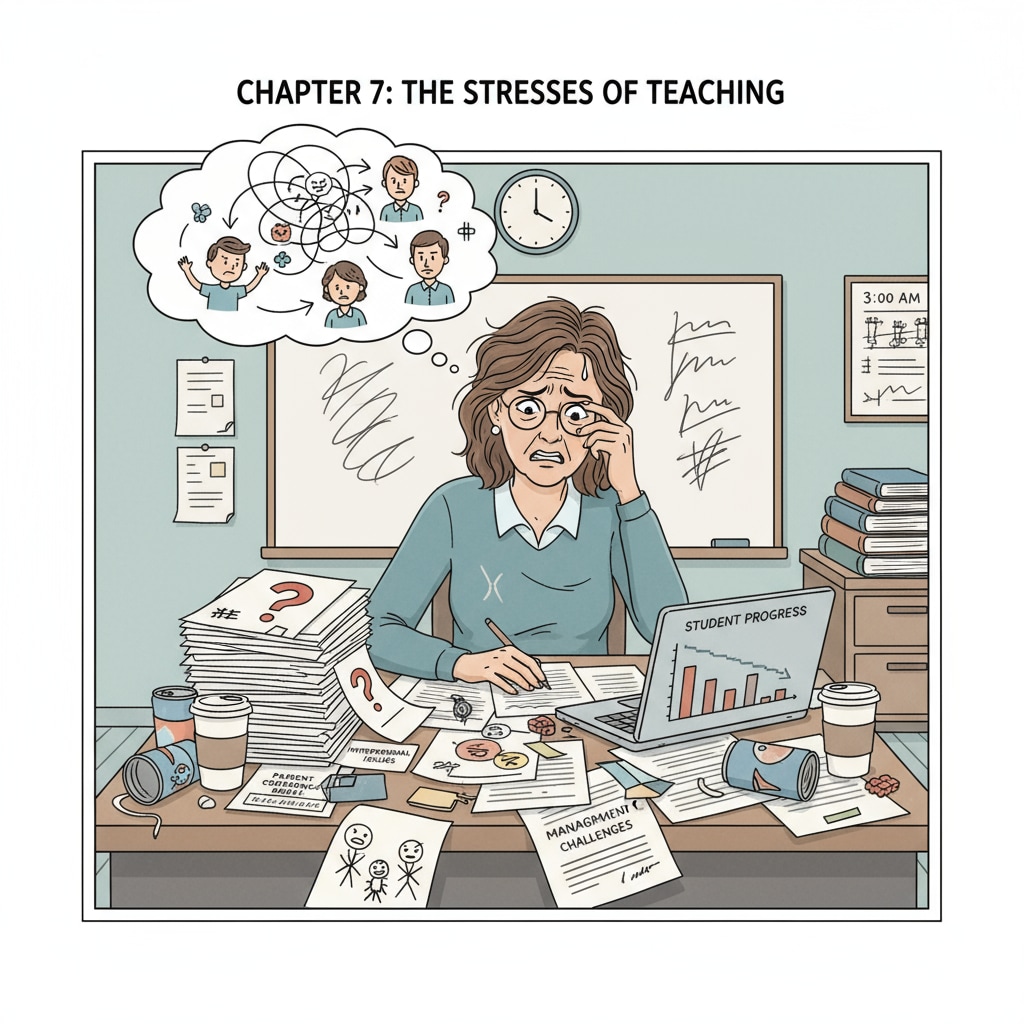In the realm of K12 education, teacher conflicts, work environment, and management dilemmas often intersect in complex ways. One particularly challenging situation that school administrators encounter is dealing with teachers who possess remarkable teaching capabilities yet have significant interpersonal relationship problems. These teachers can be a double – edged sword for schools, bringing high – quality instruction but also disrupting the overall work environment.

The Impact on the Work Environment
Teachers with interpersonal issues can have a detrimental effect on the school’s work environment. For example, their constant arguments or cold – shoulder attitudes towards colleagues can create a tense atmosphere. This tension may spread among the staff, reducing overall morale and teamwork. As a result, cooperation on curriculum development or extracurricular activities may be hindered. According to The National Education Association, a positive work environment is crucial for teachers’ job satisfaction and student success. When these problematic teachers disrupt this environment, it can lead to a downward spiral in the school’s educational quality.
Recognizing the Root Causes
To effectively address this management dilemma, it’s essential to identify the root causes of the interpersonal problems. Sometimes, it could be due to personality clashes. Some teachers may have overly competitive or abrasive personalities that rub their colleagues the wrong way. In other cases, it might be related to stress. High – pressure teaching jobs can cause some teachers to lash out or become withdrawn. Understanding these causes is the first step in finding appropriate solutions.

Another aspect to consider is the communication style of these teachers. Poor communication skills, such as interrupting others or being overly blunt, can lead to misunderstandings and conflicts. By analyzing these factors, school administrators can start to develop targeted strategies.
Management Strategies
One effective strategy is to arrange mediation sessions. School leaders can invite an impartial third – party, such as an experienced educator or a human resources professional, to facilitate communication between the conflicting parties. This can help them air their grievances and find common ground. In addition, providing professional development opportunities focused on interpersonal skills can be beneficial. Workshops on effective communication, conflict resolution, and teamwork can help these teachers improve their social skills. According to ASCD (Association for Supervision and Curriculum Development), continuous professional development can enhance teachers’ overall effectiveness.
If the interpersonal issues are severe and do not improve despite efforts, administrators may need to consider more serious measures. This could involve reassigning the teacher to a different role or even termination, but this should be a last resort. The goal is always to balance the need to maintain a harmonious work environment and retain valuable teaching talent.
Readability guidance: The article uses short paragraphs and lists to summarize key points. Each H2 section provides relevant details. Passive voice is minimized, and transition words are used to enhance flow. The images help to illustrate the concepts related to teacher conflicts, work environment, and management dilemmas.


